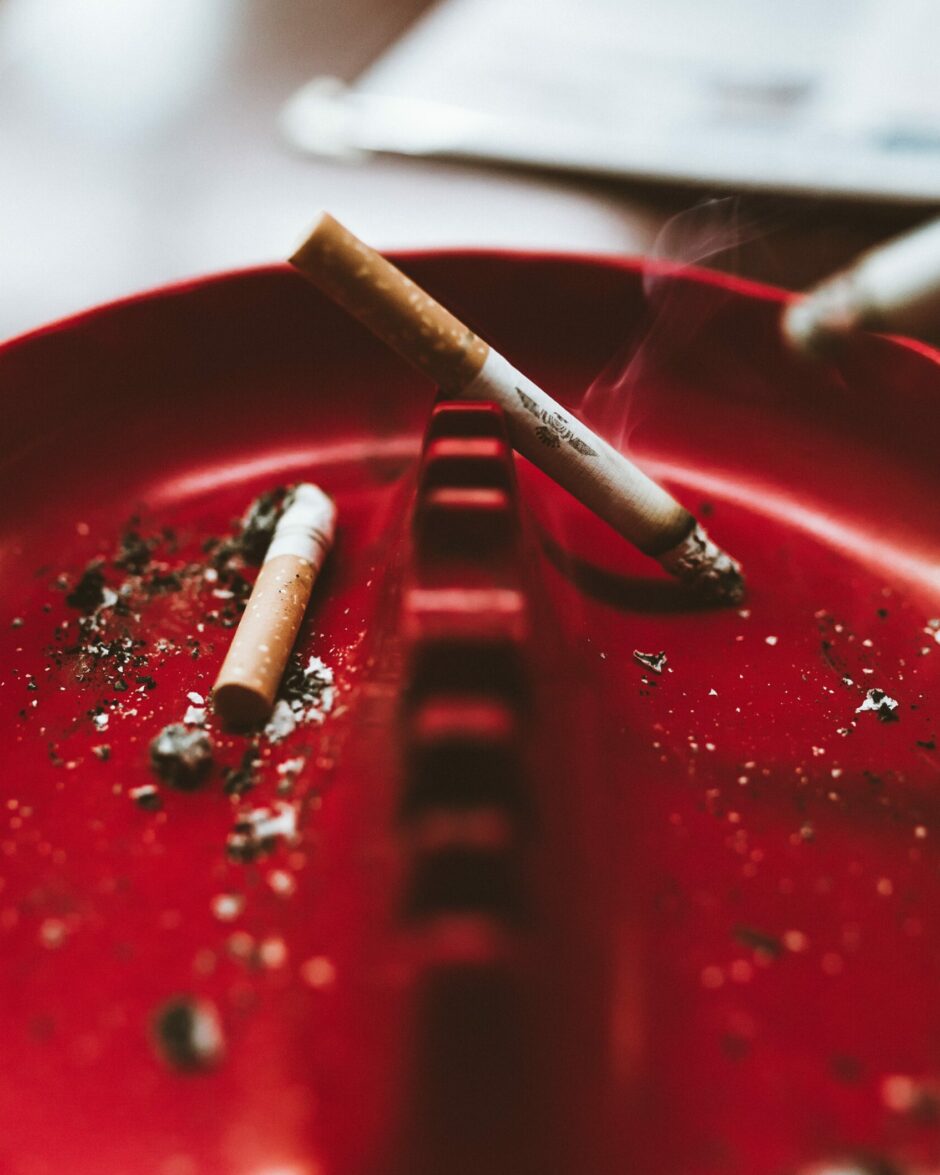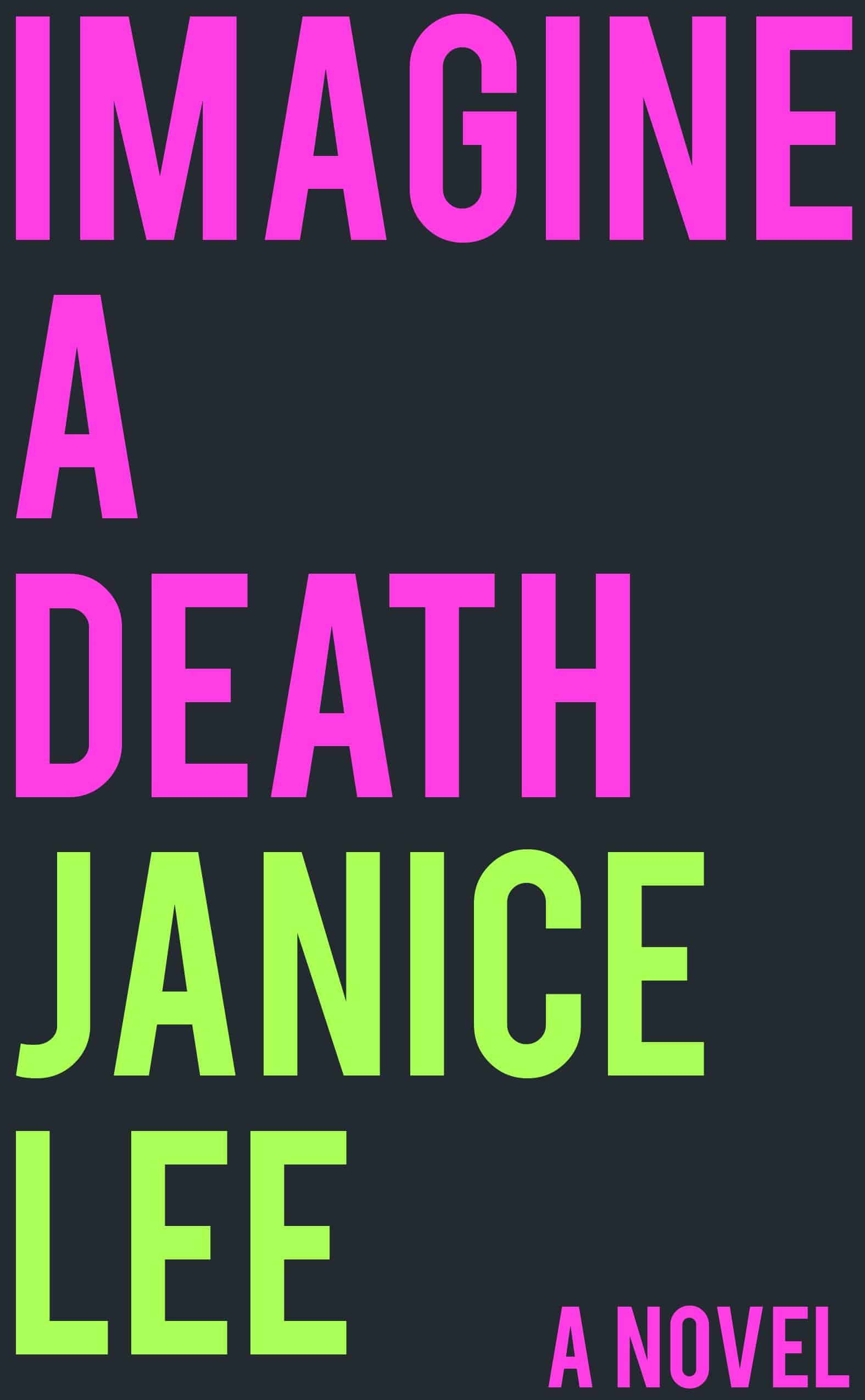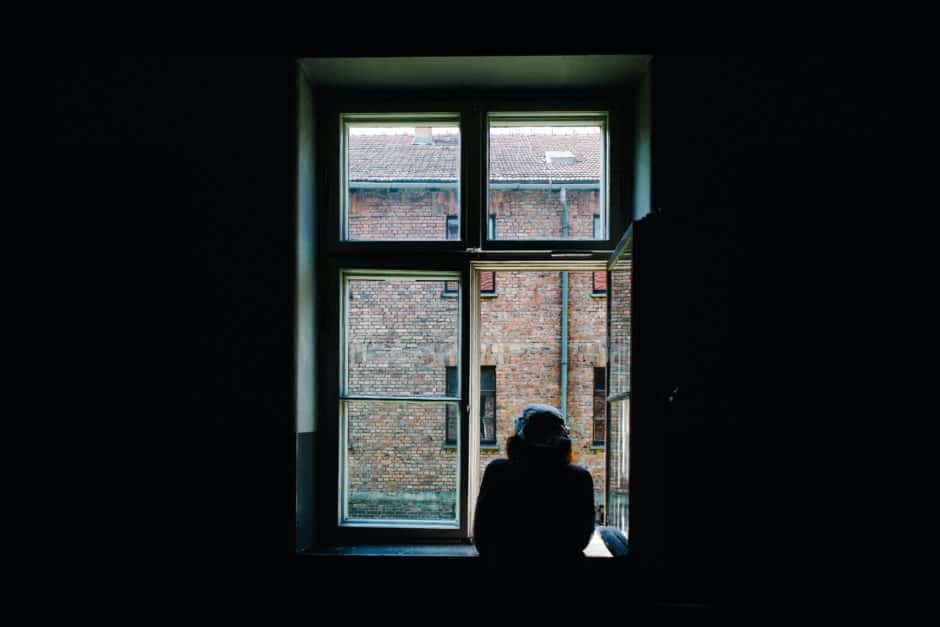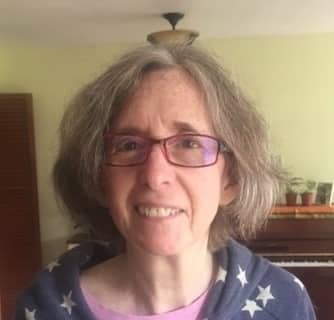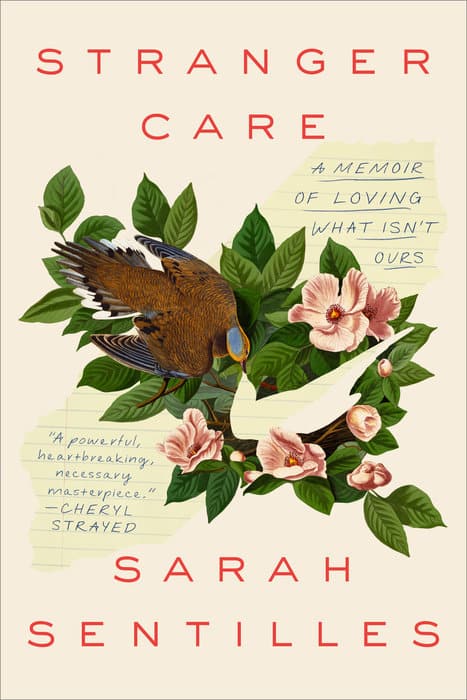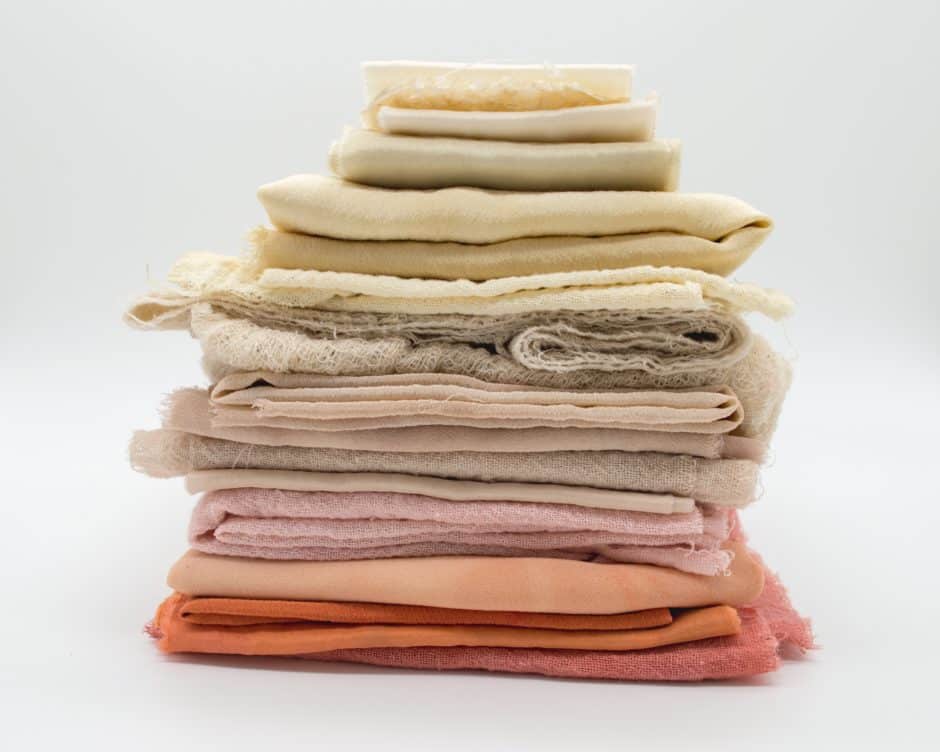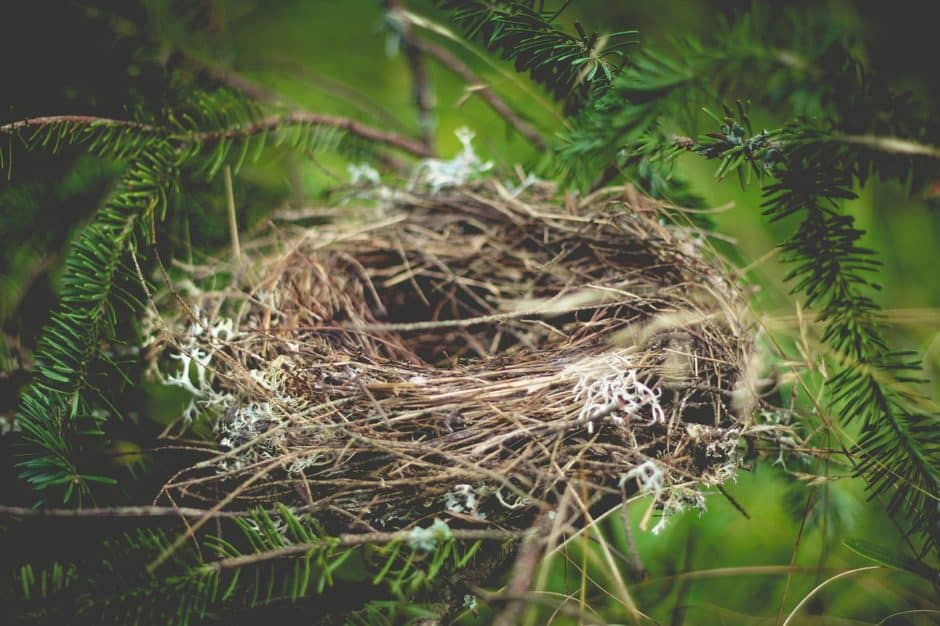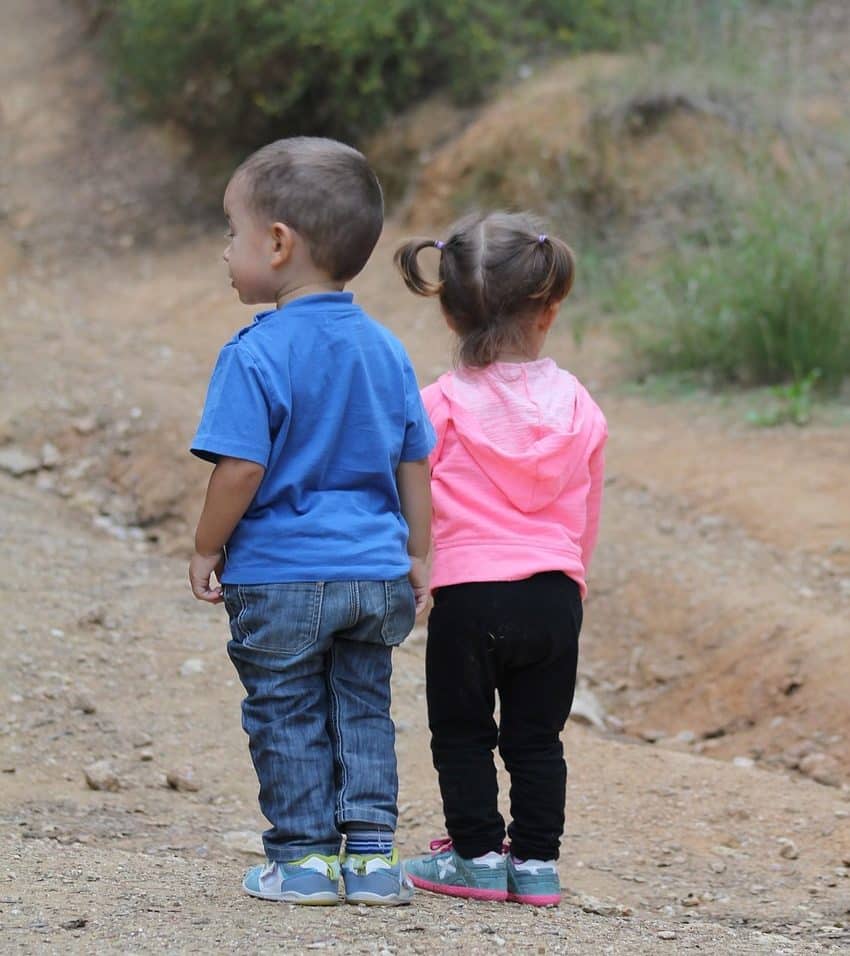by Ruth Arnold
I didn’t know that a father wouldn’t solve all of my issues of being fatherless for my children.I didn’t know he would yell. I didn’t know he would make us feel bad. I didn’t know he wouldn’t be home a lot. I thought I could manage him and still give my children the luxury of two parents. I didn’t know that when he was yelling in the house that they were getting hurt and made to feel unsafe. I didn’t know that when I calmed him and told them he’d had a bad day that they felt I was choosing him over them. I didn’t know that they would feel better at home when he wasn’t there. I didn’t know that things wouldn’t get better. I didn’t know that yelling was not better than silence than not speaking as in the house I grew up in.
I didn’t know that I couldn’t fix him. I didn’t know that when he was annoyed with me it wasn’t about me being annoying. I didn’t know that I couldn’t modify myself enough to make him happy. I didn’t know that if he was unhappy with me that my children would feel he was also unhappy with them. I didn’t know that spending more time with him in my life would only make things worse. I didn’t know why I felt so lonely in a house with three people. I didn’t know how to make things different without also making them worse. I didn’t know that being quiet and also talking were both problematic so I had no mode of behavior that would make it better.
I didn’t know that loving talent and intelligence were not love. I didn’t know that the first person who asked me to marry him actually gave me a choice of yes or no. I didn’t know that I was worthy of seeking. I didn’t know that staying married wouldn’t prove everyone wrong because nobody was checking. I didn’t know that if I told everyone about how good things were with my husband it wouldn’t make it true. I didn’t know that I was not the only problem. I didn’t know that he wasn’t better than me. I didn’t know that he could be kind to others and so unkind to me. I didn’t know that he could be so unavailable to his family yet so able to stay late at work and help others when they needed extra time.
I didn’t know that I should feel good in my home. I didn’t know that I wasn’t mentally ill. I didn’t know that I wasn’t ugly. I didn’t know that I wasn’t boring. I didn’t know that I was worthy. I didn’t know that I should’ve been treated with kindness. I didn’t know that when I was sick I should’ve been helped. I didn’t know that everything wasn’t my responsibility. I didn’t know that I was doing everything for everyone and being challenged for not doing better.
I didn’t know that while we were sexless he was seeking sex with others. I didn’t know he regarded me as so awful. I didn’t know that he didn’t hope for things to improve. I didn’t know that he felt lying to me was justified. I didn’t know he kept his schedule nebulous for more reasons than real conflicts. I didn’t know that he was available to others for intimacy but not for me. I didn’t know he spoke ill of me to others.
I didn’t know he would die But then he did. And then I knew.
Ruth Arnold is a widowed mother of two boys living with metastatic breast cancer. Her husband passed away almost 11 years ago but only lately has Ruth begun to share her story due to complicated grief and shame that she is working to overcome. This essay was inspired after she shared the story of her husband’s death to her two sons ages 10 and 16 who were 9 and 5 years old when he died. In spite of this darkness, Ruth is living happily and well.
~~~~~~~~~~~~~~~~~~~~~~~~~~~
Margaret Attwood swooned over The Child Finder and The Butterfly Girl, but Enchanted is the novel that we keep going back to. The world of Enchanted is magical, mysterious, and perilous. The place itself is an old stone prison and the story is raw and beautiful. We are big fans of Rene Denfeld. Her advocacy and her creativity are inspiring. Check out our Rene Denfeld Archive.
Order the book from Amazon or Bookshop.org
~~~~~~~~~~~~~~~~~~~~~~~~~~~
Anti-racist resources, because silence is not an option
~~~~~~~~~~~~~~~~~~~~~~~~~~~





